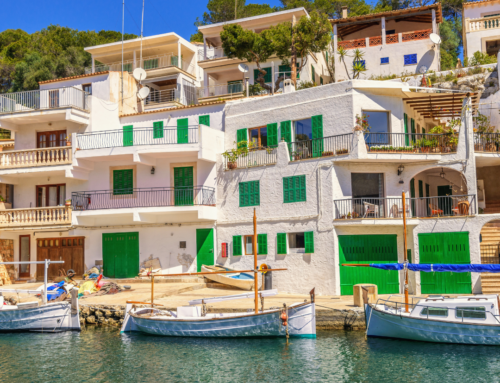
Benefits of early mortgage repayments
At the end of year, the time comes to make payments into pension plans, but also to make extra payments to our mortgage if we have money left over. When paying off our mortgage there are two variables that must be taken into account when considering the advantages of making an early payment: financial benefits and tax related benefits, and both must be taken into account.
Without deductions from property purchase habits since January 2013, with minimum interest rates and many mortgages with no cost for partial pay-offs: all these characteristics must be taken into account. But the most important one is the tax – if you’re benefiting this deduction for property purchases prior to the 31st of December 2012.
This tax relief allows you to receive more than 1,300 euros per year if you pay the maximum tax relief of 9,040 euros per year for each holder and fiscal year. Regardless, you will be able to obtain a 15% deduction for your contributions up to this limit. If you want to maximize the benefit, you should try to reach this limit every year until the end of the mortgage.
Financial advantages to paying your mortgage early
In addition to the tax benefits there are the financial ones as well, such as the interest you save by reducing the total amount due on the mortgage. This advantage is the only one to consider if you are not entitled to a deduction. In this case the most important variable is the outstanding amount on your mortgage. If the amount is high, the amount of interest will also be high and it will be more profitable to make an additional payment than if there is a small amount remaining. Interest rates also have an influence, but don’t just think about the present. These factors make it beneficial to possibly pay off more of the mortgage at the beginning of it’s lifespan rather than towards the end.
Should I reduce the owed amount or the time I have to pay it?
Now that we have identified the tax and financial variables, we must now take into account how to use this extra payoff: a decision in which other variables come into play.
From the financial point of view, reducing the term of payment is the best option. With less capital, less interest is always paid. Moreover, by keeping the same installments, the savings are much greater since the payment is accelerated. The previous statement is the best option if we follow the financial criteria, but it is not always the only variable to watch. By reducing the term, the financial effort is maintained and this can lead to some risk if your work circumstances vary and your income is reduced.
This is where we should consider the second possibility, to reduce total amount owed. There is also less interest payment, since the capital is lower, but financially the savings are lower than if the term of payment is reduced. However, there is greater financial freedom, since we have more money available by paying less for the loan. This savings allows us to be more flexible, to have money for other purposes, but also to be able to allocate those savings to possible future mortgage payments. For all of the above reasons, the circumstances of each and every case must be analysed. At a time when traditional savings methods have little return, early mortgage repayment is a much more interesting opportunity. If you also have tax advantages, reaching the annual limit will help to significantly increase these benefits.
But it is always important that this financial effort does not lead to payment problems in the future or limit the economic capacity of the family unit.
If you require any assistance or legal counsel concerning properties, purchases and sales on the islands of Mallorca, Menorca and Ibiza, please contact us at your convenience at info@mallorcasolicitor.co.uk or by phone on the numbers listed on our contact page.












